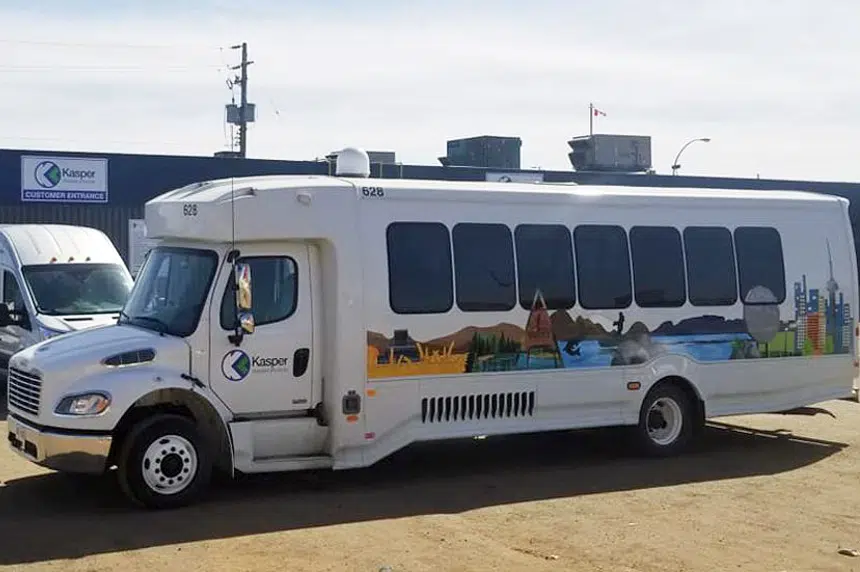By Charlene Tebbutt
News that Greyhound is cancelling routes in Western Canada has generated interest from other companies wanting to take over the service.
Ontario-based Kasper Transportation has been operating routes in that province and has already expanded into Manitoba. The company expressed interest in expanding into Saskatchewan following news Greyhound will exit the province on October 31.
Company founder and CEO Kasper Wabinski said money can be made busing people in Saskatchewan, but smaller buses would need to be part of the plan.
Wabinski said Kasper Transportation is already working on a route connecting Winnipeg into Saskatchewan and is open to partnering with First Nations groups on a new model as well.
“We have done it in areas with less traffic than Saskatchewan, so we definitely have the experience and the background in low-volume bus transportation,” Wabinski told paNOW.
“What Greyhound perceives as not viable for the size of their corporation is different for me … I’d be happy to take whatever traffic they have because we can be profitable on a route with six passengers, using our smaller vehicles.”
Wabinski said he plans to reach out to different communities to find out what they would like to see in terms of bus service. He said Kasper Transportation is focused on local-area travel and day service, adding the company does not have the added pressures of cargo delivery deadlines.
“The deadline has been set of October 31 by Greyhound, so that’s the goal we’re aiming for,” he said.
New Brunswick-based Maritime Bus service is also looking at options following Greyhound’s announcement. Mike Cassidy with Maritime Bus said Canadians need access to bus service and he feels there is room for an integrated service connecting Vancouver to Halifax and points in between.
Cassidy said people in the Maritimes saw an end to bus services six years ago after an international company there dropped its routes, but Maritime Bus picked up the slack within weeks. Cassidy said he sees room for a new network of services involving private businesses with support from both the provincial and federal governments. While it’s true that ridership has been declining, he said it is still possible to come up with a cost-effective plan.
“For one company to replace the one company of Greyhound, that could be a disaster in the future … there’s not a lot of money to be made in bussing, but there is a public necessity and a public convenience,” Cassidy told paNOW.
Cassidy said he hopes to get stakeholders together within the next 30 days to begin work on a new model for bus service.
“It’s a lot of work in a short period of time, but it can be done if you have the right people wanting to get it done,” he said.







